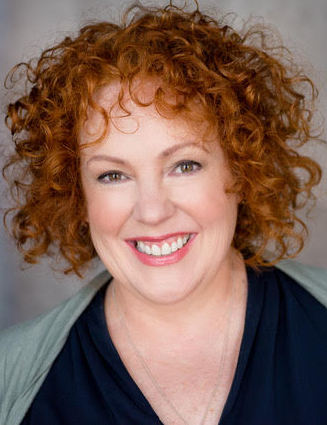|
VOICE ACTING
Ever since Covid hit, we’ve been holed up in our basements, or closets, or offices, hoping that our sound is good enough to land a job or two. A VO friend said he couldn’t believe that I didn’t have my own recording space. It had never occurred to me to have one since I’d gone into the studio for jobs and auditions for so many years. I know people who made enough money to build a fabulous studio in their house or even in a separate space (they made a lot of money), but they still wanted to go into the studio. Being a VO can be a solitary existence. But times change. Creating a good recording space was a huge learning curve for me. I listened to my friend and started with moving blankets, which didn’t do much for outside sound and wasn’t appropriate for jobs. I ended up buying someone’s DIY booth for a reasonable price and now I’m able to record auditions and jobs in my basement - and it sounds great. Broadcast quality, even. But it came with a whole new set of challenges. For better or worse, Covid has changed the recording landscape. Now we have to invest in equipment, be engineers and editors along with voicing the script. Because of this development, recording studios are suffering from a lack of business, which is a shame because it’s been a lovely community of different types of people related to the same business. Despite all of this, we still need to know how to conduct ourselves and relate to the people on the other side of the glass at the studio because we still go in from time to time. So, let’s talk about the people on the other side of the glass. Who, exactly, is in there? THE AUDIO ENGINEER Not only does the engineer run the board, adjust the mic and more, but they’re also the conduit between the talent (you), and the client, writer, producer, director, the client’s mother-in-law because she wanted to see what her daughter does, the intern, and whomever else might come to the session. There may be 10 people or one. Or, there may be one person in the room, and 10 people in a studio across the country. Sometimes the engineer will “translate” the direction that’s thrown at you that might be a little wonky because the creative doesn’t know how to direct. Sometimes the engineer will hold down the talkback button so you can hear that they’re not talking about you, but what they’re having for lunch, or any legal issues that come up in the copy, or … lunch. Really. It’s rarely about you, so you can take a big breath. The engineer knows all of the talent and probably knows all of the agencies and creatives in town by name, and everyone knows them and their business. So should we be nice to the engineer? Absolutely! Not only will it engender good faith, but you’ll get to know some pretty cool people. Most engineers are super easygoing and it takes a lot to piss them off. If you’re a pain to work with, they may say so during the selection process. So, don’t be a pain. Be nice and listen to the engineer! Trust me, they’re your best friend in the studio. Next time: The Other Side of the Glass, Part 2 - The Client Email: kathleen@kpandrade.com |
Tell Us What YOU Think!
Please Note: Since we check for spam, there will be a slight delay in the actual posting of your comment.
Comments
No comments have been posted yet. Hurry, and you could be the first!
As of the NEW website launch, 03/22/2012

 By Kathleen Puls Andrade
By Kathleen Puls Andrade








click for new article alerts